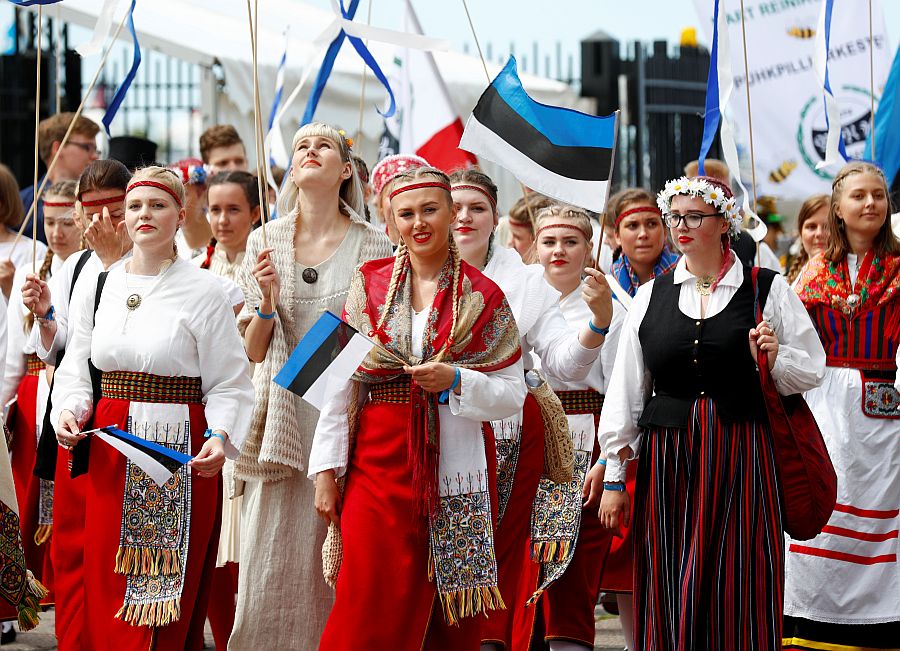The New Geopolitical Landscape in The EU’s Eastern Neighbourhood: Fragmentation of Economic Ties Post February 2022
Russia’s full-scale and genocidal invasion of Ukraine has already brought substantial changes to the relations of EU Eastern neighbourhood countries with Moscow, while its consequences are reshaping the geopolitical balance in the region.
Read more



















